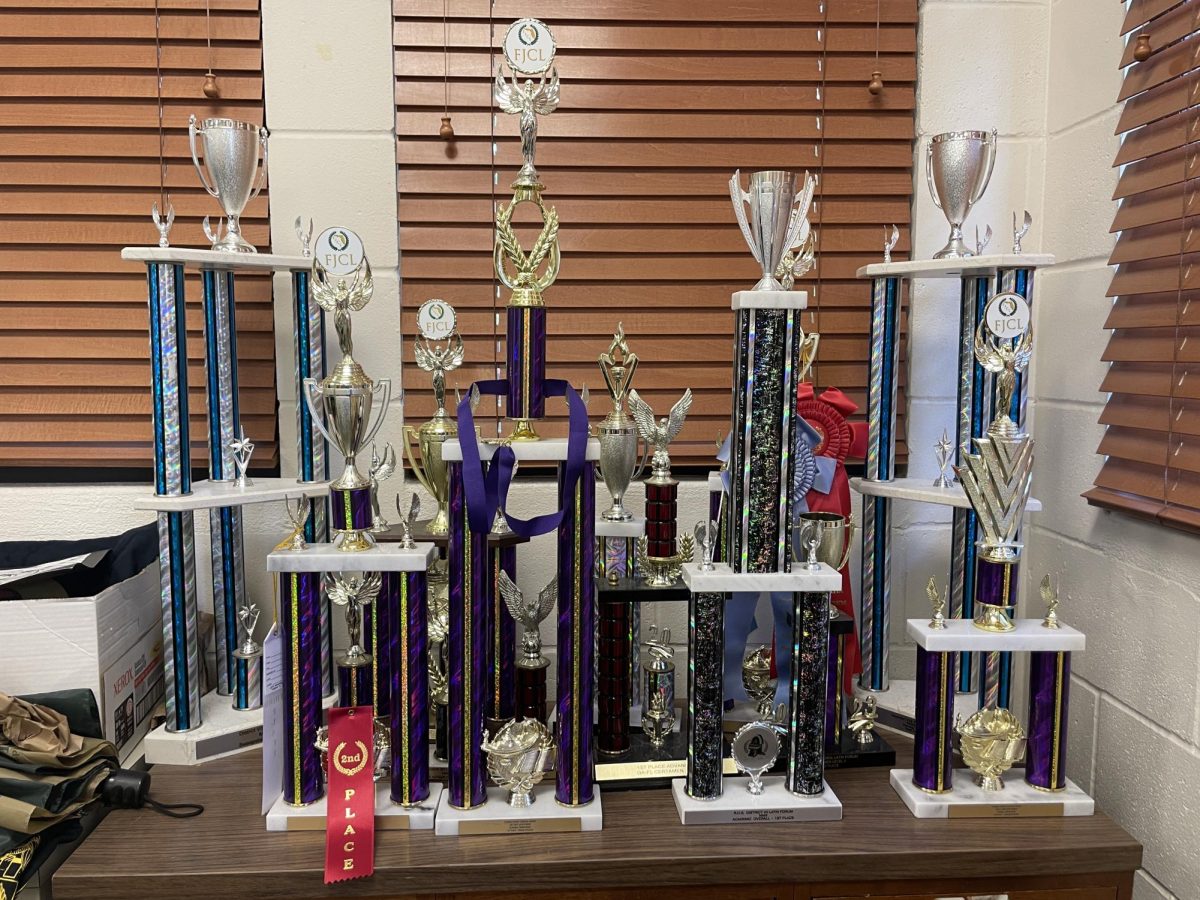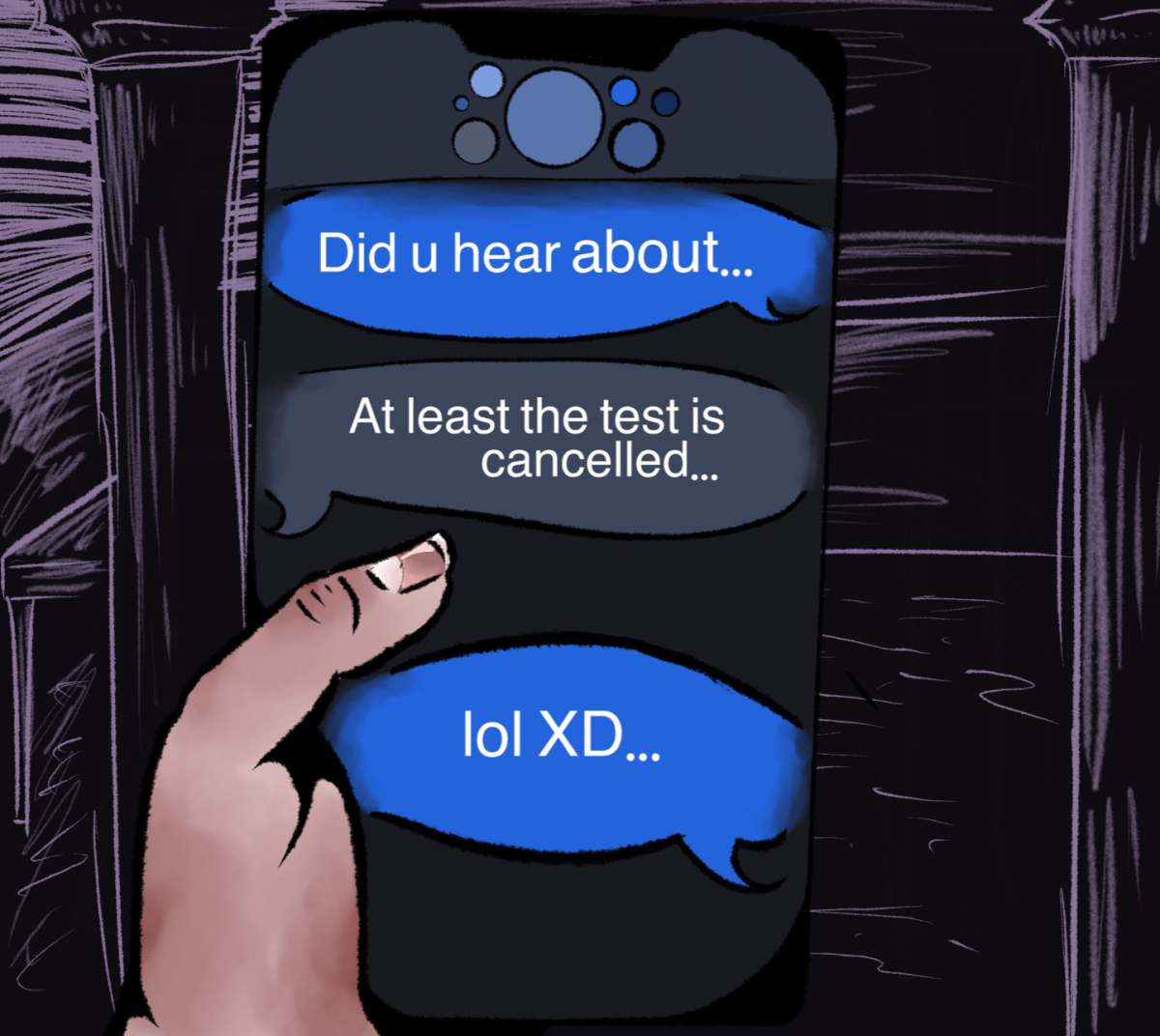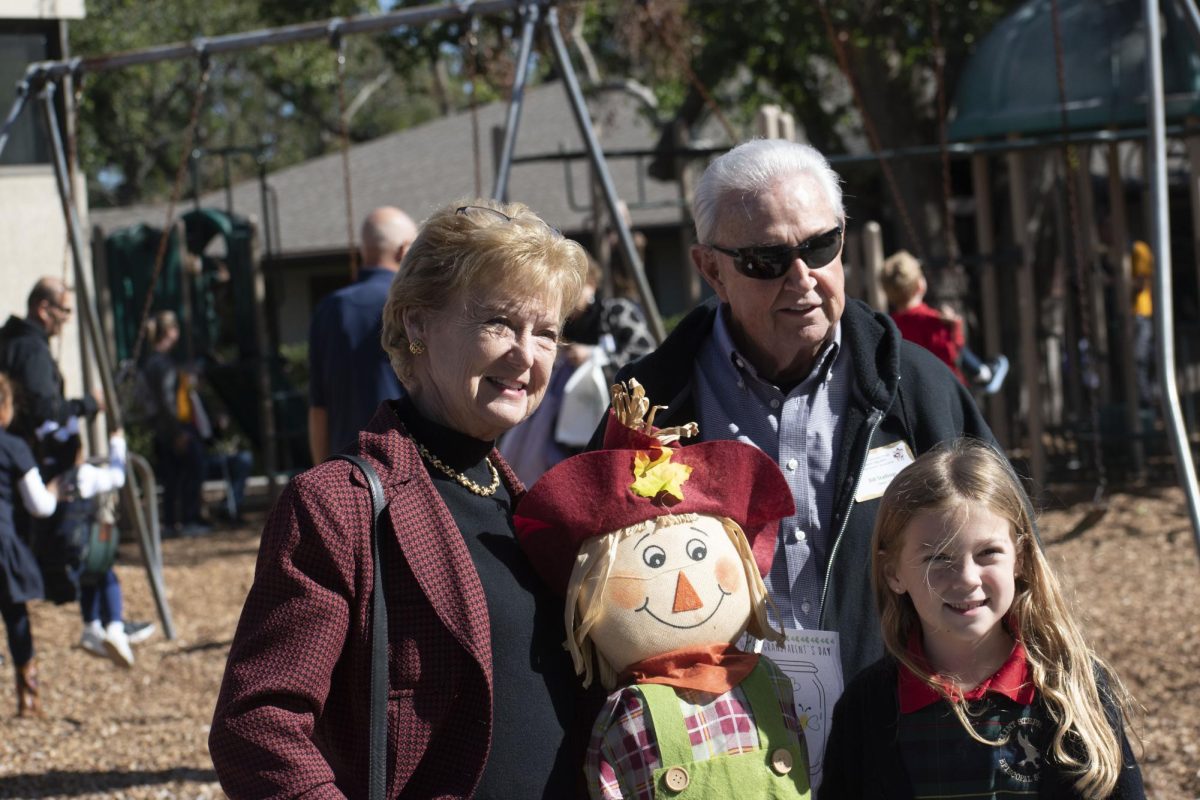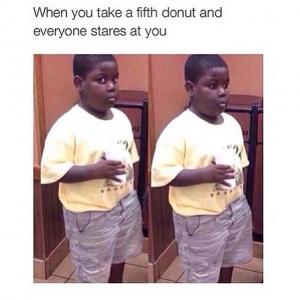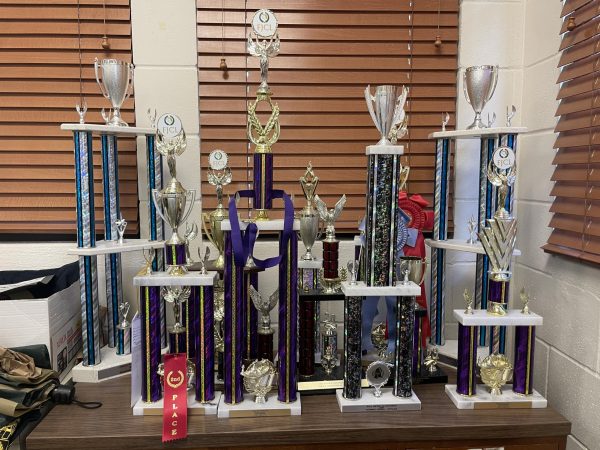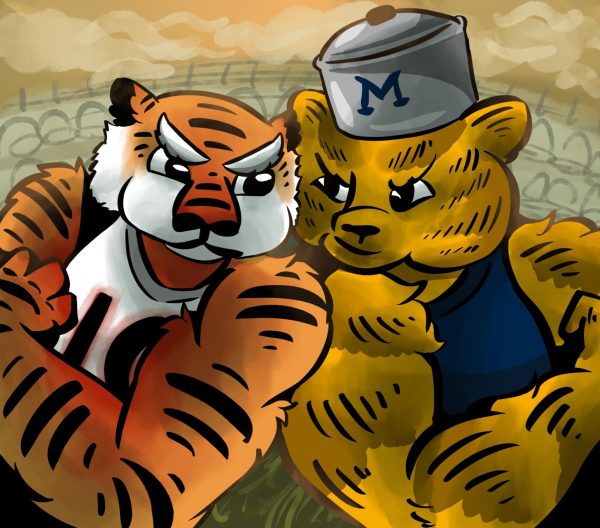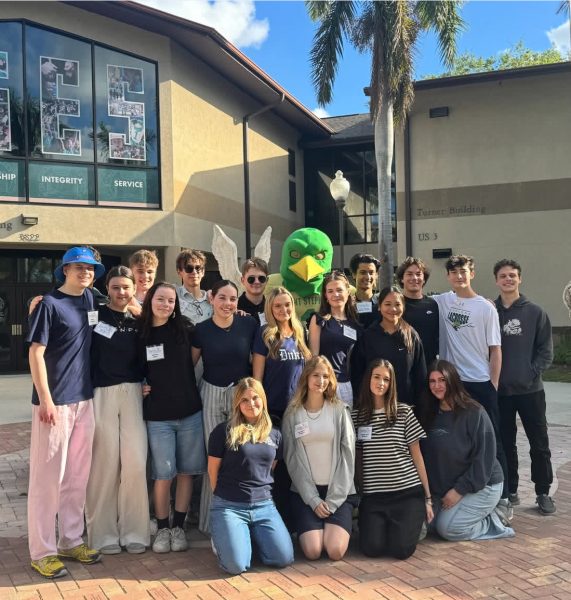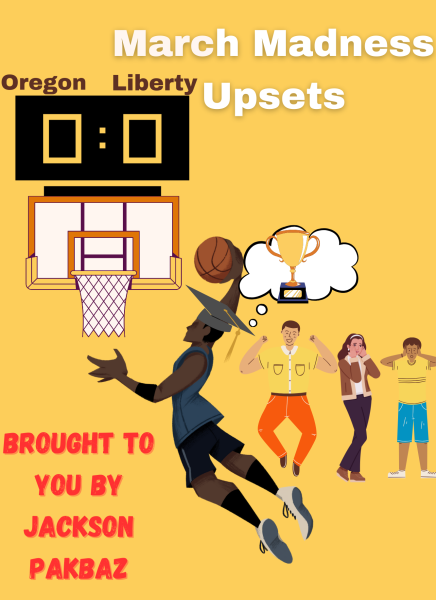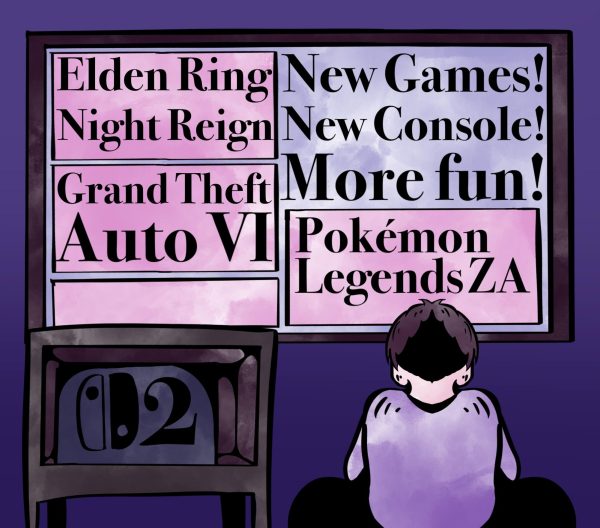The deeper meme-ing: what’s in a meme, really?
A closer look at the cultural phenomenon of the meme.
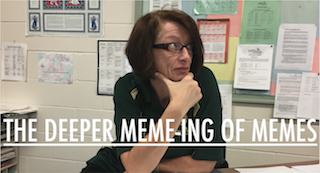
September 16, 2016
Meme. Baby boomers hate this word. By now most people have heard of the word meme, pronounced “meem,” not “meh-meh.” Internet memes, a viral idea in the form of an image accompanied by text, have taken over internet culture at a rapid rate. However, do we actually know the origin of the meme? Or what a meme really is? Dozens of websites, such as 9gag.com, and quickmeme.com, have been created for the sole purpose of sharing memes. Other social media platforms such as Instagram and Facebook also spread thousands of them a day. We often refer to or discuss memes like they’re second nature, like they’ve always been there, but do we actually know what we are referring too? Do we truly understand their significance, beyond just a laugh?
A simple Google search will yield millions, if not billions, of hilarious pictures that poke at the fads of pop-culture. Generally speaking, a meme is an amusing picture, video, or audio file with text that spreads widely throughout the internet. Note that there is a slight difference between an internet meme and a meme in the traditional connotation. According to Merriam Webster, the formal definition of meme is “an idea, behavior, style, or usage that spreads from one person to another in a culture.” However, an internet meme, while technically the same definition-wise, is usually just a picture with text on it. In our case, we will be referring to the phenomenon of the internet meme.
Below are some of the memes from 2016 that were voted the most popular by Saint Stephen’s seniors in a class poll. Essentially, they are images that anyone can add text to in order to convey a message (typically, a humorous one).
Interestingly, the word “meme” was first coined in Richard Dawkins’s book, The Selfish Gene. Dawkins is a prominent biologist and philosopher, world-famous for his research focused primarily on genetics. Dawkins’s created the word to describe how a cultural idea (fashion, technology, etc.) spreads rapidly within a population through social media. He believed that memes most closely resembled organisms in how they too are able to mutate and evolve. He realized that these memes served as a symbol of our increasingly tech-centered culture. To a certain extent this is true. Internet memes are essentially a collection of ideas that are most popular in pop culture. An interview of students in the Upper School showed that the majority of students don’t know the origin or definition of a meme. They often describe a meme as a “joke that’s online and incorporates visuals in it.” One student stated that memes originated from websites such as ifunny.co, implying that there is a shallow understanding of the meme. Over the last decade, the social connotations of an internet meme have changed. Internet memes have become even more relatable to our daily lives, providing explanations for our daily realities.
Before memes came to dominate social media, people used memes as a way of sharing interesting or hilarious thoughts without the intent of gaining popularity, or even maliciously attacking someone. Today, we most widely use memes for reasons such as marketing (many businesses have begun implementing memes as part of their advertisements), and for personal enjoyment.
Take Harambe, for example. On May 28, 2016, Harambe the gorilla, born at the Gladys Porter Zoo in Texas, lived in the Cincinnati Zoo and Botanical Garden. It was fatally shot after dragging a three-year-old boy who had fallen inside an enclosure. Fortunately, the boy did not die. Over the last few months, the story of Harambe died out like most stories do. However, Harambe memes have recently emerged and taken the internet world by storm as a means for raising awareness of animal rights. Although most people have good intentions in promoting awareness for Harambe through memes, are we truly advocating for the injustices that happened to Harambe, or simply trying to gain publicity or get a cheap laugh?



